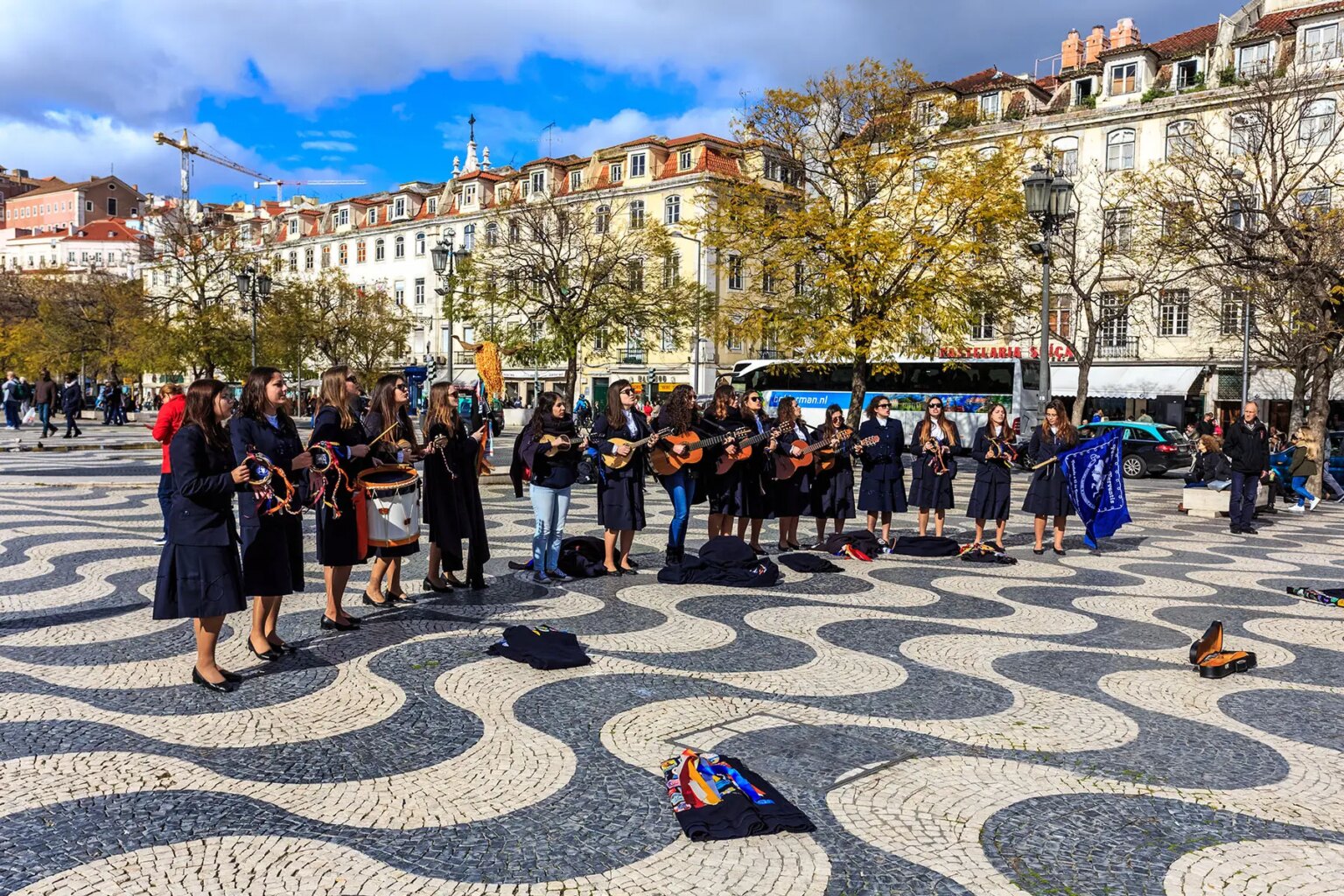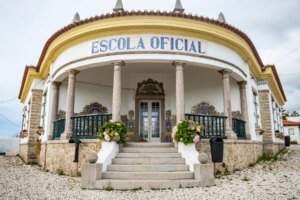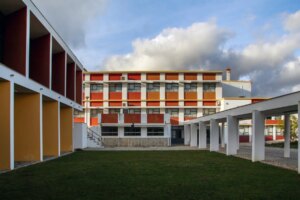Parents looking for high-quality, multicultural education will find a plethora of international schools in Portugal. However, with a range of language, methodology, and curricula options on offer, they should do their research before selecting a school for their child.
In this guide, we’ll review the overall education system as well as the different kinds of international schools in Portugal. We’ll also share some tips about fees and how to choose the right school for your family:
Oeiras International School
Consider Oeiras International School for a global education in Portugal. This international school near Lisbon offers all three International Baccalaureate programs, alongside the popular Duke of Edinburgh award and a wealth of extra-curricular activities. Visit Oeiras International School online to find out more.
The Portuguese education system
The Portuguese education system, like those of most European countries, runs from September through June. School holidays in Portugal typically run through the summer months with additional breaks for Christmas and Easter.
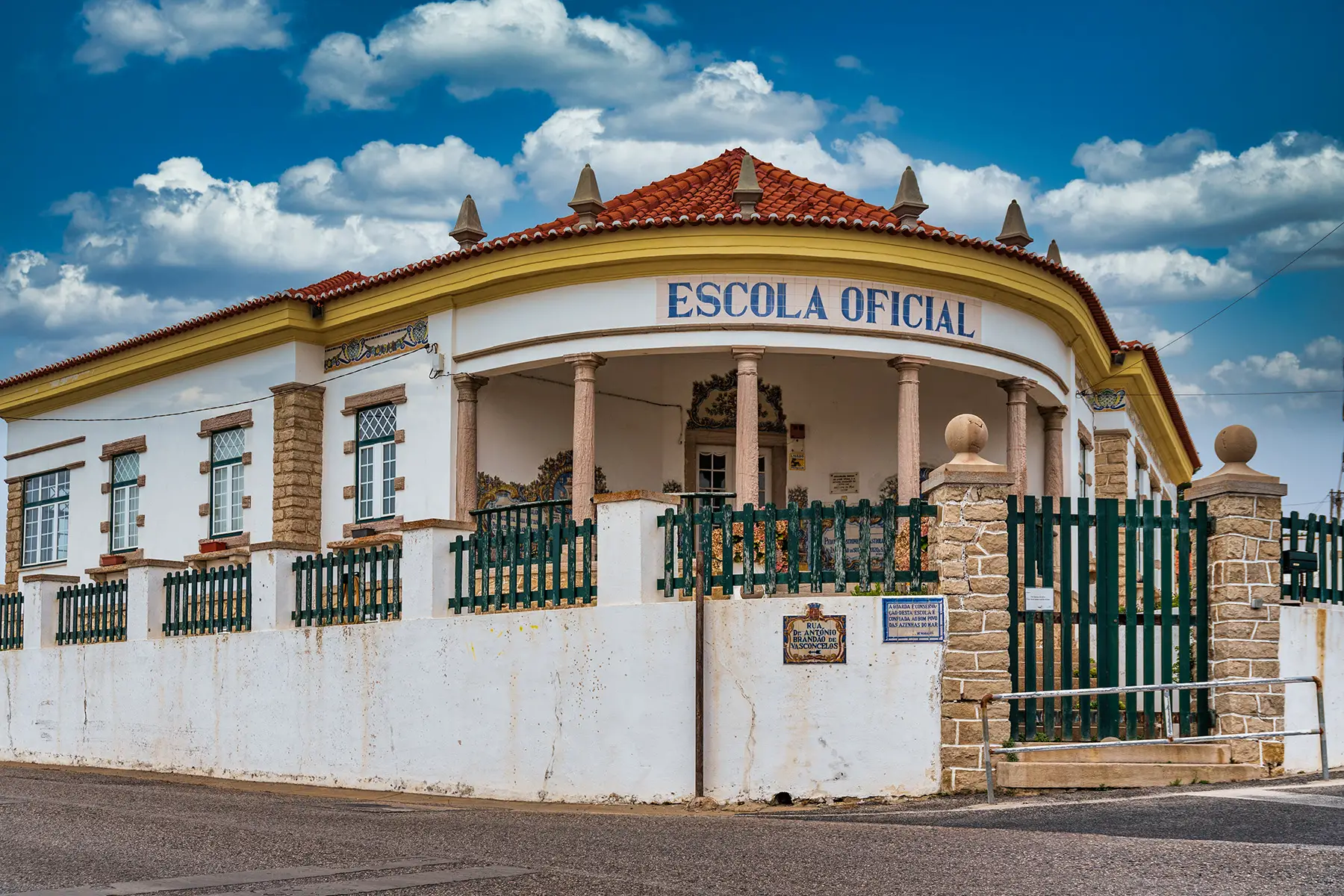
Schooling in Portugal splits into four phases. These are Cycle 1 (ages 6–10), Cycle 2 (ages 10–12), Cycle 3 (ages 12–15), and Secondary Cycle (ages 15–18). Additionally, education is split between private and public schools, with private schools having a reputation for higher quality. Public schools are free, teach in Portuguese, and are accessible to both citizens and foreigners alike; private schools in Portugal, including international schools, teach in a range of languages and charge fees.
International schools in Portugal
You’ll find several dozen international schools in Portugal catering primarily to expats, so finding a school for your child shouldn’t be too difficult. Generally, these are clustered around the expat hubs of Lisbon, Porto, and the Algarve coast.
Because the educational system offers different education stages, a particular international school may accept students in particular cycles and not in others. So, be sure to do your research to figure out if your student is qualified to apply. Depending on the level of education available, international schools may be certified by different branches of the Ministry of Education and Science (in Portuguese).
Types of international schools in Portugal
International schools in Portugal can be differentiated along the lines of language of instruction, international curriculum, and ages accepted.
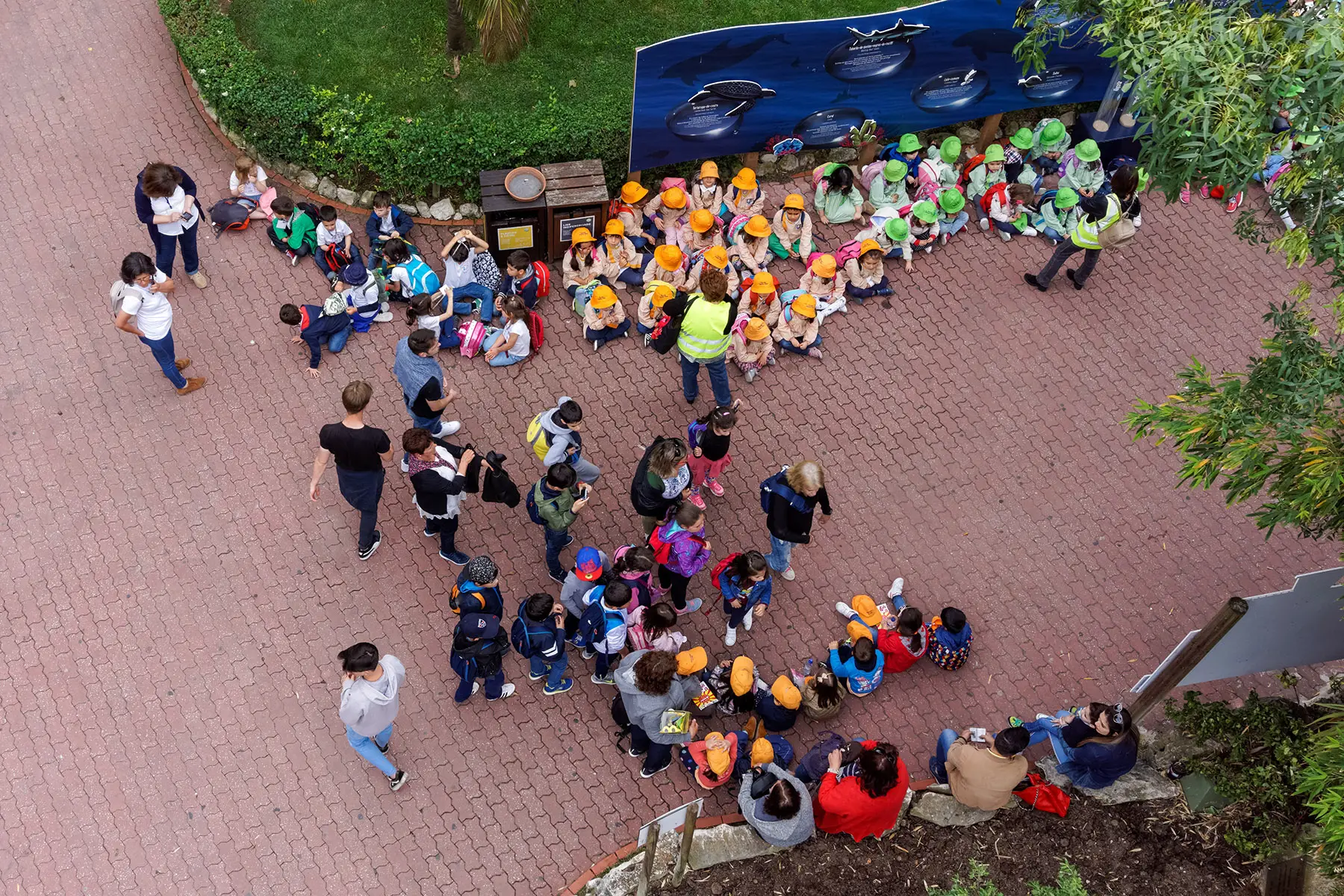
Tuition fees vary by the level of education and by institution but may range from a few thousand euros to over €20,000 annually. Here are some of the different options for international schools.
International Baccalaureate in Portugal
International Baccalaureate (IB) programs are structured and truly global in scope, found in many countries throughout the world. Key elements of IB include a focus on essay writing, projects exploring creativity, activity, and service. Of course, along the way, students also take courses in science, math, the arts, language, and literature. Finally, at the end of secondary school, students must take a rigorous exam to earn their IB Diploma.
The IB program is attractive to parents because the IB Diploma is widely recognized throughout the world, granting them access to countless universities worldwide. Portugal currently has 14 schools that offer the IB program, including Oeiras International School.
American international schools and Advanced Placement
American international schools follow the academic system of the United States, usually dividing study into elementary, middle, and high schools. Students take courses in social studies, math, English, science, and usually a foreign language. Then, upon passing all their classes and exams, students will receive a diploma.
Graduating from an American school, especially if the school is recognized by the United States Department of State, can save a lot of hassle for students hoping to attend university in the USA or Canada. Some American schools may also offer Advanced Placement (AP) college-level courses, SAT preparation, or university application support.
American curriculum schools in Portugal can be harder to find than their British counterparts. Here are a few:
- Carlucci American International School of Lisbon – the only school in Portugal recognized by the US Department of State
- International Christian School of Cascais – located just outside of Lisbon
British international schools
Following the national curriculum of England, British curricula schools are found all over the world. These schools are a strong option for students who intend to study in the UK or throughout the Commonwealth. Generally, students study science, math, history, English, and foreign languages. Of course, the language of instruction is English, and the focus is problem-solving, confidence building, and student growth.
One of the highlights of British curricula schools is that most offer students International General Certificates of Secondary School (IGCSE), facilitating easier access to university. Here are a few schools offering the Cambridge International Curriculum and other curricula from the UK:
- IPS Cascais
- Nobel International School Algarve
- Oporto British School – in Porto
- St. Julian’s School – in Carcavelos
- St. Peter’s International School – in Setúbal
International GCSE (IGCSE)
The International General Certificate of Secondary School (IGCSE) is a certificate program that follows the British curriculum. Culminating in A-level qualifications, coursework includes math, science, English, and a foreign language.
Generally, students take the IGCSE in the first two years of secondary school, through the Cambridge International Examinations Board. Then, in students’ final two years of secondary school, they usually take the A-Levels. More often than not, A-Level scores are a critical part of university applications for those looking to study in the UK. Most British curriculum schools will offer IGCSEs.
Other national curricula
With expats from almost every corner of the globe, you will find a range of schools in Portugal, catering to various cultures. Keep in mind that languages of instruction, fee structures, and curricula will vary so be sure to do your research before choosing a school.
Here are a few other kinds of schools on offer:
- German School of Lisbon
- German School of Algarve
- Lycée Français Charles Lepierre (Lisbon)
- Lycée Français International de Porto
Religious schools
As a historically Catholic country, you’ll find no shortage of schools with a Catholic orientation. So, if your family is Catholic, and it is important for you to have your child exposed to the faith, consider sending them to a Catholic school. Many, however, teach primarily in Portuguese.
Here are a few schools to check out:
- Manuel Bernardes (Lisbon)
- Nossa Senhora do Rosário (Porto)
- Rainha Santa Isabel (Coimbra)
Method schools
If you’d like your child to attend a school with non-traditional teaching methods, you have a few choices. However, keep in mind that some schools may only accept students within certain cycles. Additionally, some schools may teach in one language or offer multilingual education. So be sure to do your research.
Here are some good places to start:
- Eden Montessori International School (Algarve)
- Escola Waldorf Oliveira (Algarve)
- Lisbon Montessori School
Should you send your child to an international school in Portugal?
International schools are attractive because the student body is often multicultural and class sizes smaller. Additionally, the curriculum is usually internationally accepted by specific countries or globally recognized curricula. This is helpful if your student plans to return to their home country for tertiary study or if you expect to be moving to another country in a few years. Finally, if your child would need to learn Portuguese before attending school and you’d like them to continue learning in their native language (be it English, Mandarin, or French), international schools are a good option.
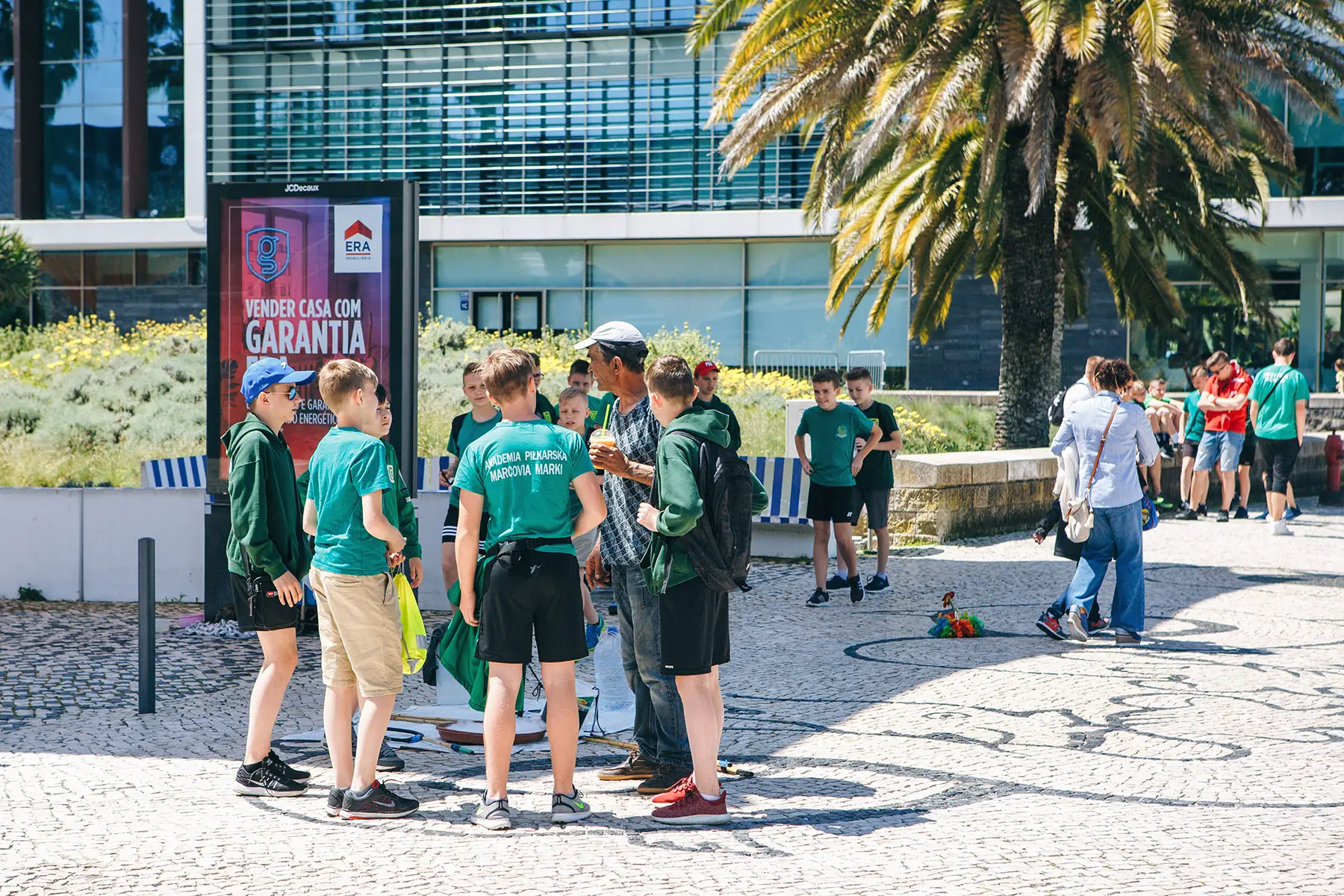
However, if you’d like your child to be integrated into Portuguese culture, or if your child already speaks Portuguese, finding a solid public school might be your best bet. As a bonus, it is so much more affordable to use the public school system.
How to choose an international school in Portugal
Narrowing your international school may actually be simpler than you imagine. First, consider what languages you’d like your child to learn in. Then, decide how far you’re willing for your child to travel every day; while some cities like Lisbon may have several options that suit your family, others may only have one or two.
Once you have your shortlist, begin considering what kind of education system would suit your child, depending on home country and whether and where they’re likely to attend university. This should leave you with just a few options that you should research and visit with questions in hand.
Useful resources
- Secretaria-Geral do Ministério da Educação e Ciência – Portuguese General Secretariat for Education and Science (in Portuguese)
- Direção-Geral da Educação – information on essential programs from the Portuguese Directorate-General for Education (in Portuguese)
- Your Europe – information on starting school in another country in the European Union
- International Schools Database – database for Portugal’s international schools
